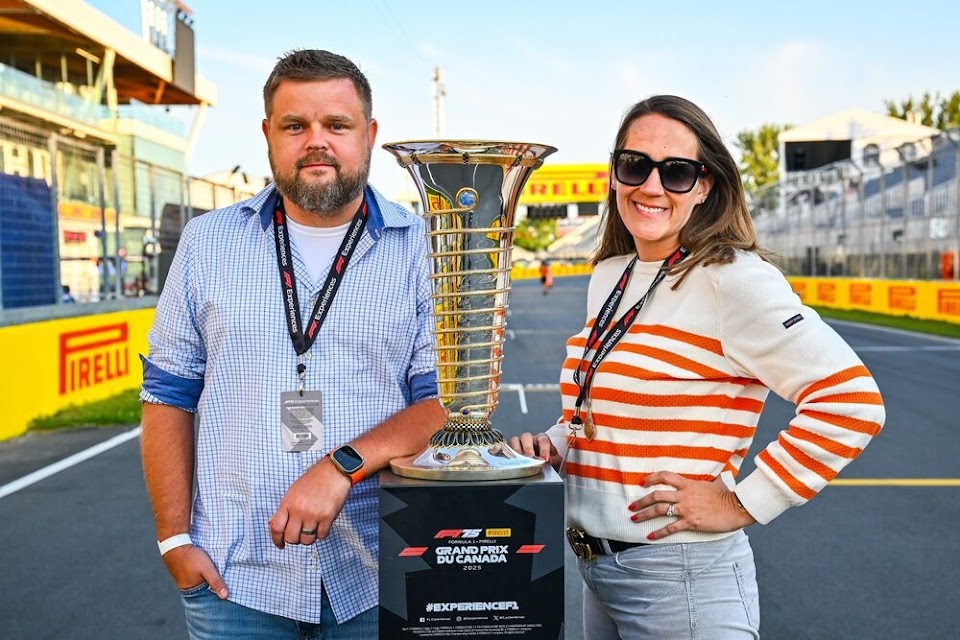You should see a disk between L4/L5, like you do above and below it, but instead there's a crumbling mass with a herniation on the right side into my spinal nerve.
The nerve pain in my legs had steadily increased this year. I had to limit my activities and take pain medication just to get through each day. I knew I didn't want that to be my life, but the thought of a serious surgery was scary. I have a full-time job, a (more than) part-time volunteer position, and two small children. How could I just walk away from all of those responsibilities while I recover? After a lot of deliberation, a second and third expert opinion, and increasing pain, I decided I had to move forward. I needed a laminectomy and spinal fusion.
Once I made that decision, the hard part was picking the time to do it. There's never an easy time to halt your daily life as you know it. I knew the surgery would mean a few days in the hospital, 2 weeks of no driving, 4 to 6 weeks of trying not to work, and then months of wearing a back brace. I looked at my calendar and felt like there were a couple of events I couldn't miss, so I picked the next available date after that. It ended up being August 3rd.
My surgery took 4 hours and the surgeon said the herniation damage was more extensive than originally thought. So, there was essentially more trauma to my body during the procedure because of what they needed to do. When I got out of recovery, I was in immense pain. I was hooked up to an IV that could deliver pain meds every 8 minutes if I pressed a button, but it never seemed like any relief came. I cried a lot that first day and regretted my decision. They tried other pain medications but those first couple of days I could never get below a 7 out of 10 on the pain scale.
Despite my pain, I needed to try to get up and moving for my recovery, so they would make me log roll onto my side and then use my arms to try and sit myself up. It was excruciating. I would cry out in pain because it felt like I was ripping my back apart with every movement. Once I got to a seated position, my blood pressure would plummet and I would come close to passing out. I could never sit up for very long. I know what it feels like right before you pass out, so luckily I could prevent it from happening by forcing the nurses to let me stop whatever activity they were wanting me to do. I'm not sure how much they believed me at first, but luckily once they started taking my blood pressure while it was happening, they knew I was telling the truth. Laying down my BP would be fine, but as soon as I got to an elevated position, whether seated or attempting to stand, my BP would drop to a level like 80something over 40something. It was so frustrating. While some patients might be walking by day 2 or 3, I was still trying to just sit up.
The first few days after surgery were dark and depressing. It's hard to fully explain the emotions I went through, but they included fear, anger, sadness, and regret. Couple that with constant pain and you can see why I felt the way I did. There were lots of tears and feelings of loneliness.
On day 5 post-surgery, a flip switched and my body started cooperating. I was able to sit up without my BP dropping, and that eventually led to standing. I was allowed to take a shower (with a lot of assistance), and I think it really helped. The water and the feeling of clean raised my spirits. It was the first day I wore something other than a hospital gown. My physical therapy was going well and I even walked a little (with the assistance of a walker). On day 6 post-surgery, the surgeon cleared me to go home. It's not like I was able to do anything on my own at that point, but I no longer had the concern that I could pass out at any moment. So, the responsibility of my care now fell on my husband and my family.

No comments:
Post a Comment